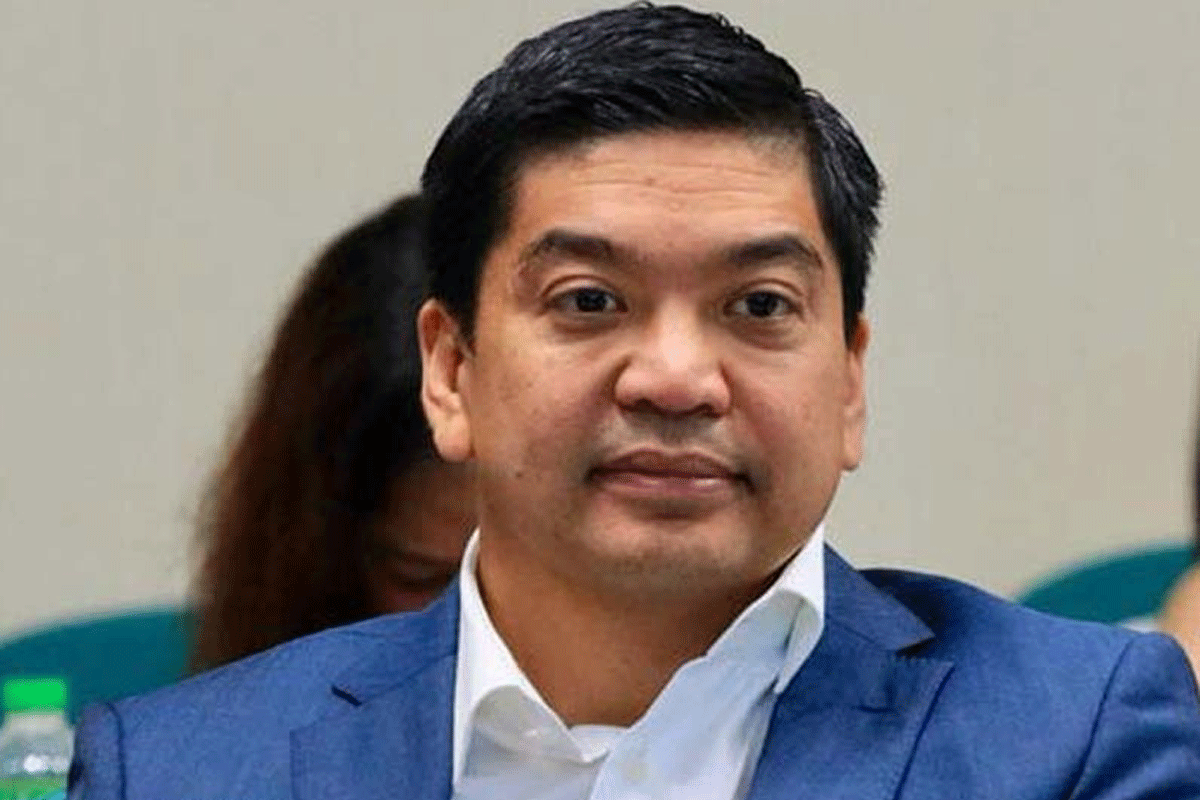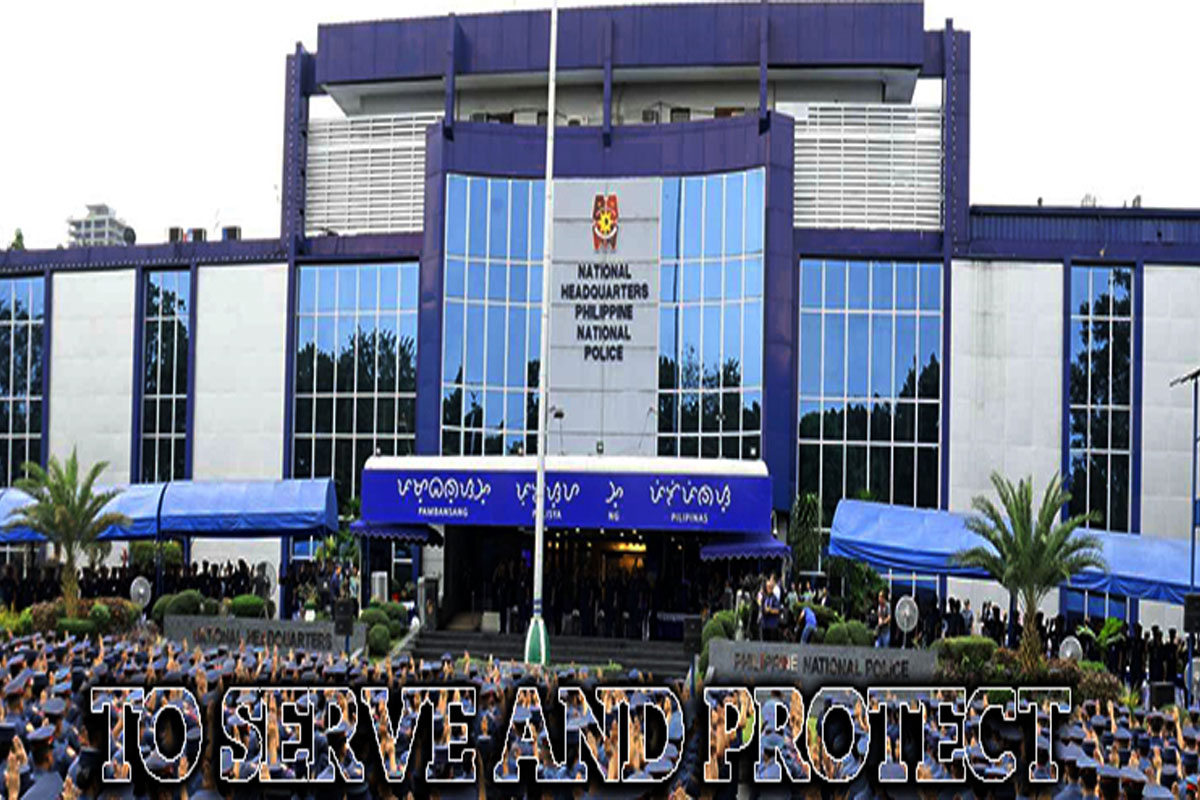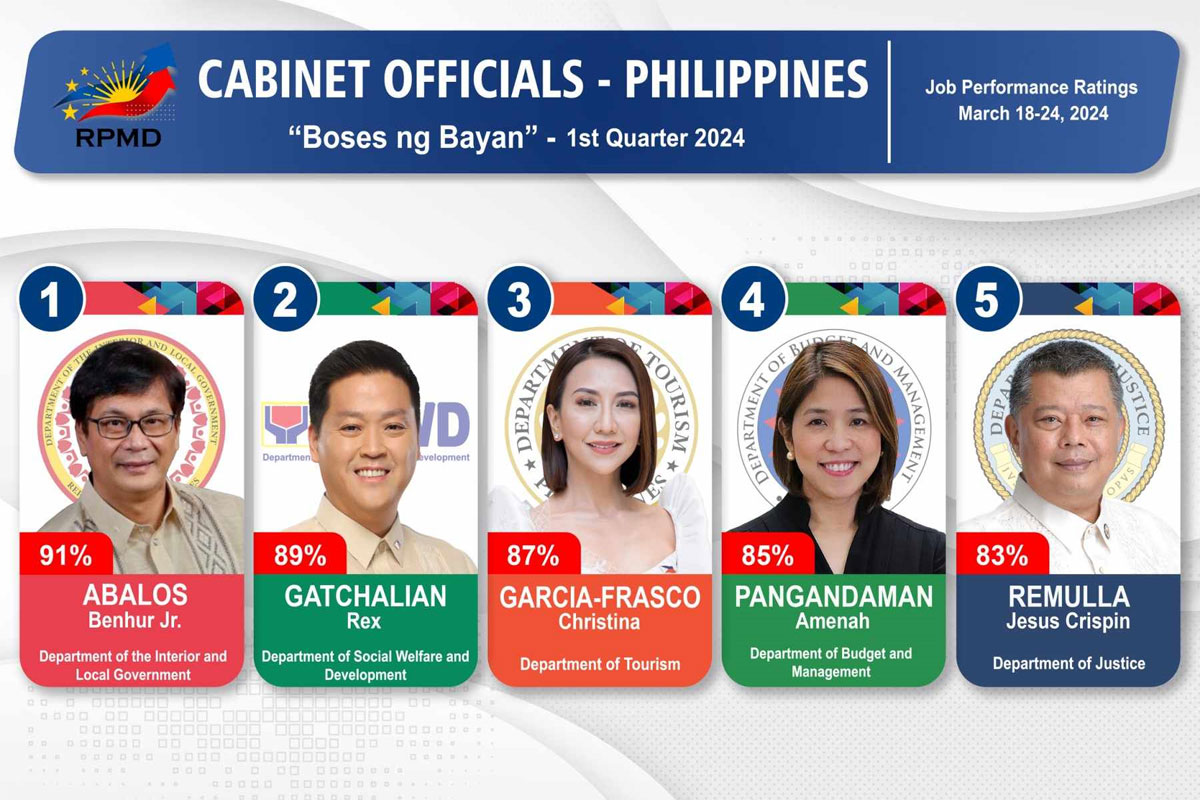
House solon welcomes support for Con-Con
CAMARINES Sur Representative LRay Villafuerte has welcomed the support in the Congress for fixing up via a Constitutional Convention (Con-Con) the “antiquated and inapt” provisions of the 1987 Constitution that “has long been crying out for reforms.”
The Constitution’s “inward-looking, overly protective” provisions on the economy, for example, are “believed responsible for handcuffing the Philippines from becoming an investment haven despite its pre-pandemic rise as one of Asia’s economic star,” said Villafuerte, who filed two months ago House Bill (HB) No. 4926 tasking duly-elected Con-Con delegates to study possible constitutional amendments and revisions.
“With Constitutional Reforms seemingly gaining traction in the House of Representatives, we are appealing to the chamber’s leadership to add to the list of priority bills identified by the President with Speaker Martin (Romualdez) and Senate President Migz (Juan Miguel Zubiri) for priority action on the proposals for Con-Con delegates to be elected in next year’s balloting to write proposed changes to the 1987 Charter,” Villafuerte said.
The author of HB 4926 issued this statement as he welcomed the recent filing by Cagayan de Oro Rep. Rufus Rodriguez of House Joint Resolution (HJR) No. 12, establishing a Con-Con to specifically review and amend the economic provisions of the Constitution.
Like Villafuerte’s proposal, HB 4926 also seeks the selection of one delegate each in every legislative district of the country in a balloting held simultaneously with the next regular national elections.
As it stands now, this proposed simultaneous polls for Con-Con delegates will have to take place 11 months from now because President Marcos last month signed Republic Act (RA) No. 11935, postponing the Barangay/Sangguniang Kabataan Elections (BSKE) originally set this Dec. 5 to October 30, 2023.
After the October 2023 polls, the next nationwide electoral exercise is the midterm balloting due on May 12, 2025.
Following the resumption of legislative sessions last Nov. 7, Romualdez said the House would prioritize the approval before legislators take their Christmas break beginning Dec. 17, about 16 to 18 bills among the 30 measures included in the Common Legislative Agenda (CLA) drawn up by congressional stalwarts led by the Speaker and Zubiri with Mr. Marcos during the first Legislative Executive Development Advisory Council (LEDAC) convened by the President last October 10.
Five of the CLA bills cover proposals introduced by Villafuerte: HB 277 on establishing E-Government; HB 308and HB 994 creating, respectively, the Virology Science and Technology Institute of the Philippines (VIP) and the Center for Disease Prevention and Control (CDC); HB 1093 putting up the Medical Reserve Corps (MRC); and HB 4019 reviving the Reserve Officers’ Training Corps (ROTC) course in schools.
“I believe legislators who similarly back constitutional reforms will agree with me that the chamber has room for several other priority bills, including the election in the next national polls of delegates to a Con-Con to amend our Constitution,” Villafuerte said.
Villafuerte explained that among the three options allowed for Charter Change under the 1987 Constitution, the “most transparent and trustworthy” manner of introducing needed constitutional reforms is through a Con-Con, instead of either of the options for the Congress to convene itself into a Constituent Assembly (Con-Ass) or for the people themselves to take direct action through the “People’s Initiative.”
“The Con-Ass route is likely to go nowhere, given that this constitutional option for Charter Change is likely to be sidetracked by the expectedly protracted national debate on whether the 1987 Constitution actually requires senators and House members to vote separately or jointly on proposed constitutional amendments and/or revisions,” Villafuerte said.
“Moreover,” he said, “a Con-Ass will further polarize our people, in light of the legitimate concern that is devoting part of our official time as legislators to the Con-Con would only distract us from, and let us devote less of our efforts and resources to, the task of law-making, which is what our voters had elected us in the first place to do in the House of Representatives and the Senate.”
As for the “People’s Initiative option,” he said, “this process, considering its nature and the way it is supposed to make changes and seek the people’s support and approval, is only ideal for introducing minor revisions to the Constitution, and not for major amendments or an overhaul that will possibly entail major changes in numerous constitutional provisions.”
Villafuerte said one minor revision in the Constitution, for example, may entail changes in various articles and sections in the entire Constitution, all of which will have to be presented to and approved by the electorate in a plebiscite.
“One knotty issue, for instance, that has led to controversies and seemingly endless debates in the past is on the needed action of the bicameral Congress on certain concerns, because the framers of the 1987 Constitution had failed to explicitly state in all of the Charter’s provisions concerning congressional approval on whether senators and House members need to vote separately or jointly in a Con-Ass,” he said.
“Proposals to introduce amendments via the Cons-Ass route failed to take off in the past, for example, because these reform proposals had sparked long-drawn-out debates on whether senators and House members need to vote separately or jointly on amendments or revisions,” he added.
As proposed in HB 4926, the Con-Con shall be composed of one delegate from every legislative district nationwide.
At present, there are 243 congressional districts across the country.



















